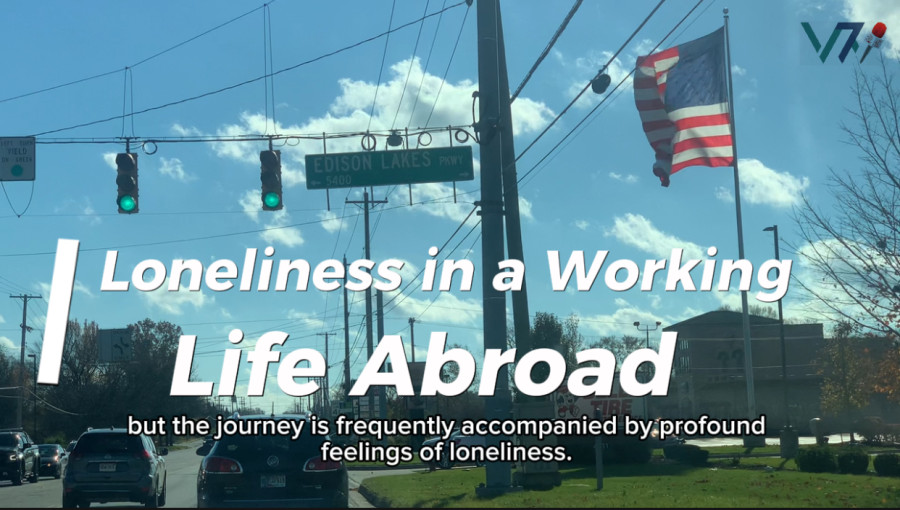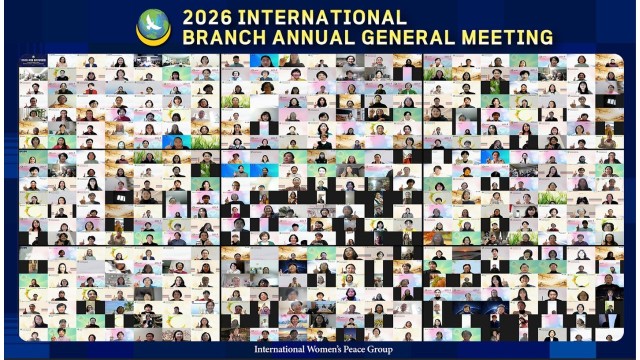Michigan, Nov 13, (V7N) - Working abroad is often portrayed as a remarkable opportunity for career advancement and cultural enrichment. However, beneath the surface lies an emotional struggle experienced by countless expatriates who face the pain of separation from family, friends, and familiar comforts. This journey, while filled with potential for growth, also demands a steep emotional price—loneliness that permeates both personal and professional life.
For many, the excitement of relocating to a new country can quickly give way to a profound sense of isolation. Leaving behind established support systems and deep-rooted connections, expatriates find themselves thrust into unfamiliar environments, where even simple communication can become a hurdle due to language barriers and cultural differences. These challenges compound the loneliness, as forming meaningful connections in a new place often proves more difficult than expected.
The professional environment abroad adds another layer to this experience. Expatriates often feel pressured to excel, dedicating long hours to meet job expectations and to justify their relocation. Yet, unlike the friendships and camaraderie many left behind, work relationships abroad can sometimes be purely formal or transactional, lacking the warmth of close personal connections. Social opportunities may be limited, and professional demands may leave little time for personal care or relaxation, leading many expatriates to feel that their lives have become a revolving door of work without meaningful connection.
Amid the isolation, expatriates often experience a unique kind of homesickness. The inability to attend family gatherings, celebrate holidays, or share personal milestones with loved ones takes a mental toll. Missing out on these moments can deepen the emotional gap, as they feel the loss of shared experiences that once brought comfort and familiarity. This persistent absence often leads to heightened stress, anxiety, and, in many cases, depression. The cultural nuances they navigate each day may further amplify these feelings, as they find themselves adapting alone, without a trusted support network to lean on.
In recent years, awareness of mental health issues among expatriates has grown. Research shows that many expatriates experience significant stress and anxiety due to isolation, which can sometimes escalate into more severe mental health concerns if left unaddressed. To combat these challenges, many seek solace in community networks and expatriate groups. These organizations often provide expatriates with an essential sense of belonging, offering a place where they can discuss shared struggles, celebrate achievements, and build supportive connections. For some, engaging in local cultural activities or learning the local language can serve as a bridge, enabling them to better connect with their host communities and create a more inclusive environment.
For expatriates, the journey abroad is indeed a path of resilience and personal growth, but it requires a conscious effort to find balance amid the challenges. While loneliness may be an unavoidable part of the expatriate experience, there are ways to address it and transform the journey into one filled with meaningful connections, personal achievements, and a renewed sense of purpose.
Highlighting the quiet sacrifices and resilience of expatriates who face the dual challenge of professional pursuit and personal isolation in foreign lands.
END/NYC/SMA/































Comment: